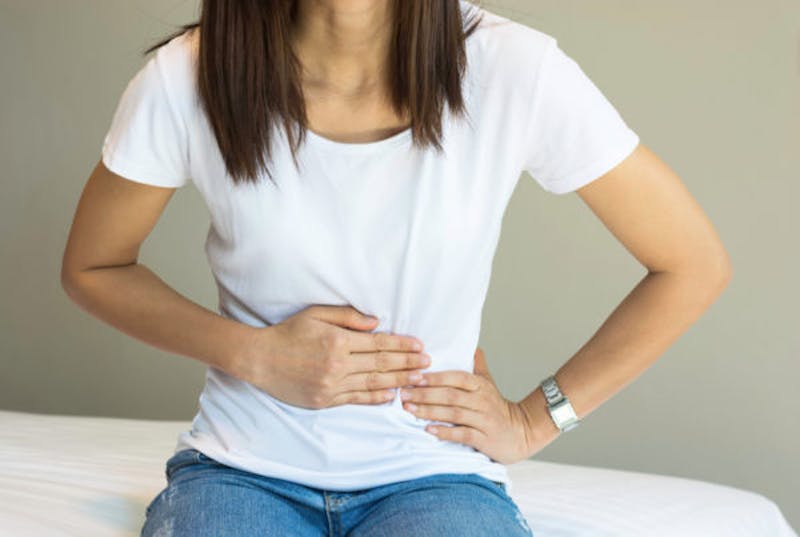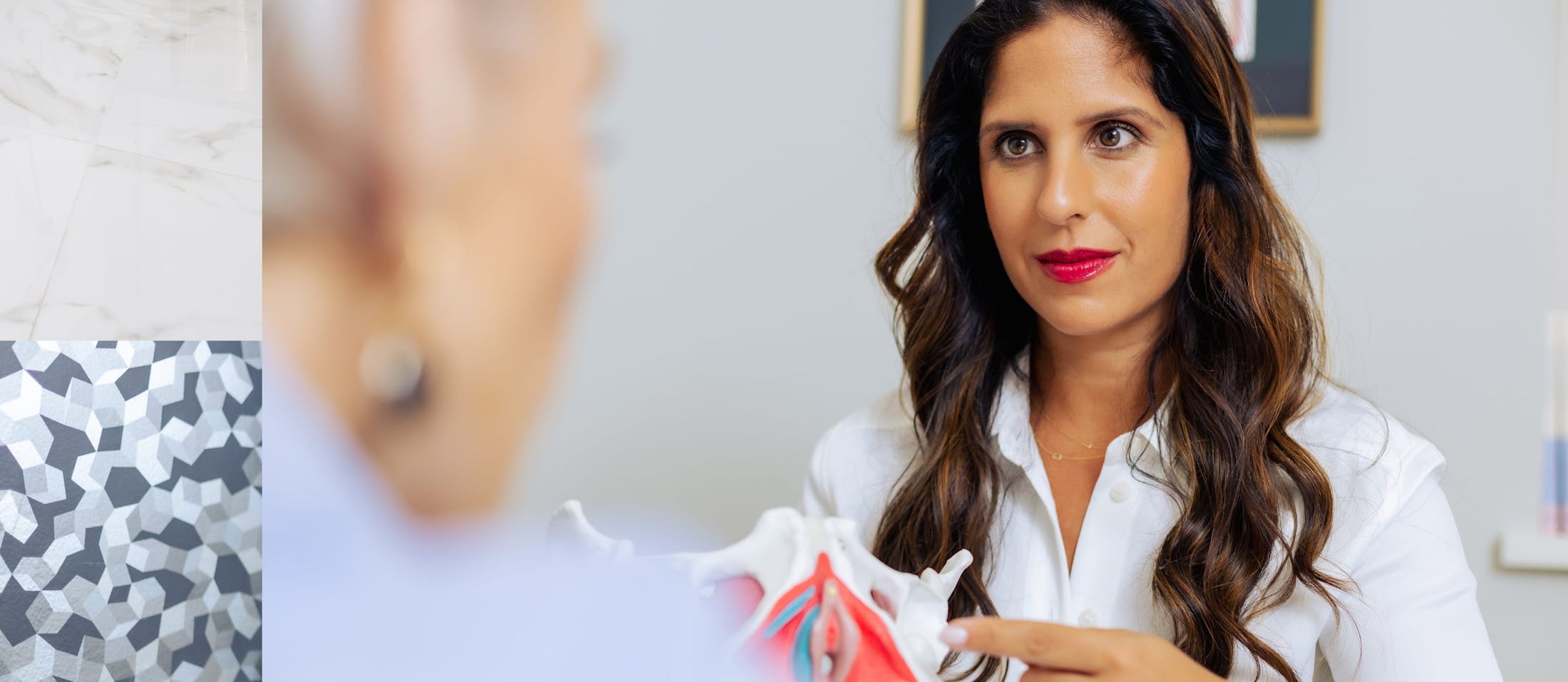
So your pelvic pain doctor suspects you may have uterine fibroids, or maybe you’ve recently been diagnosed. You probably have a million concerns on your mind: what are uterine fibroids? Where did they come from? Does this mean I have cancer?
First of all, the most important thing to note is that, more often than not, uterine fibroids are not cancerous, nor are they associated with an increased risk of uterine cancer. They are benign growths that develop on the uterus, typically during childbearing years. Sometimes, patients will experience pelvic pain from uterine fibroids, but they are often asymptomatic. You may not even know you have them until you receive a pelvic exam or prenatal ultrasound.
So why do uterine fibroids develop and how can we treat them? There’s still a lot to learn, but Pelvic Pain Doc is here to tell you everything you need to know about uterine fibroids.
Symptoms of Uterine Fibroids
Uterine fibroids are non-cancerous tumors that can grow in and on the uterus, causing abdominal pain, pressure, constipation and heavy/irregular periods. Many people with uterine fibroids won’t notice any symptoms at all, but for others, their symptoms will disrupt their daily lives. Symptoms of uterine fibroids may include:
Pelvic pain or pressureHeavy bleeding during periodsProlonged menstrual bleeding lasting more than a weekFrequent urinationConstipationBack or leg painDifficulty getting pregnant
The above symptoms can be associated with a number of pelvic health issues, so it’s important to speak with a pelvic pain specialist if you’re experiencing any of the above. A pelvic pain doctor like Dr. Sonia Bahlani can help you uncover the root cause of your pain, develop a holistic treatment plan and get you back to living your life.
What Causes Uterine Fibroids?
Uterine fibroids vary in size, shape and rate of development. They may be so small that they’re invisible to the human eye or they may become large masses that distort the uterus. Some fibroids continue to grow while others stay the same size. The exact cause of uterine fibroids is unknown but they are believed to develop from a stem cell in the uterine wall. As the single cell repeatedly divides, it creates a rubbery mass.
There are many theories for why uterine fibroids develop; however, the two most likely causes are:
Genetic Changes: Uterine fibroids are believed to have a genetic component, meaning the condition can be passed on through your family. Many fibroids also show genetic differences from normal uterine muscle cells. More study is needed to understand the connection between genes and uterine fibroids. Hormones: Uterine fibroids are linked to the hormones estrogen and progesterone. These two hormones increase during the menstrual cycle and pregnancy as they stimulate the thickening of the uterine wall. They also appear to promote the growth of uterine fibroids, particularly during pregnancy. In many cases, these fibroids shrink or go away after pregnancy once the uterus retains to its normal size. Fibroids also tend to shrink during and after menopause as hormone levels decrease.
In addition to these proposed causes, there are also certain risk factors associated with uterine fibroids. These include:
Age: Fibroids become more common with aging, peaking during childbearing years through menopause. After menopause, as hormone levels decrease, fibroids usually shrink. Family History: If someone in your family has or had uterine fibroids, you will be at an increased risk of developing fibroids. If your mother had fibroids, you are three times more likely to get them yourself. Ethnicity: Anyone can develop uterine fibroids, but Black women are more likely to have them than women from other racial groups. Lifestyle Factors: Other factors that may increase your chance of uterine fibroids include early onset of menstruation, alcohol consumption, weight and eating habits. A diet high in red meat and low in green vegetables is associated with a higher risk of uterine fibroids.
How to Treat Uterine Fibroids
One of the questions we often get from our patients with uterine fibroids is, “How can I prevent uterine fibroids in the first place?” Unfortunately, it is currently not clear how to prevent uterine fibroids from developing. But the good news is that in the majority of cases, fibroids do not interfere with quality of life or cause noticeable symptoms.
However, that is not the case for everyone. If uterine fibroids are causing pain or trouble with getting pregnant, treatment is available. Your treatment plan for uterine fibroids will depend on your unique situation and symptoms. To help you decide on the best course of action, your pelvic pain specialist will consider:
Whether your uterine fibroids are causing painIf you want to get pregnant in the futureThe size, location and rate of growth of the fibroidsYour age
Depending on your goals and symptoms, your pelvic pain doctor may suggest any or a combination of the following treatments:
Medications to balance your hormonesNon-invasive procedures involving MRI-guided techniquesSurgery to reduce or remove the fibroidsAlternative therapies for uterine fibroids
Treatment for uterine fibroids is extremely effective and varies from noninvasive to surgical intervention. The treatment option you choose will come down to your personal choices and symptoms. New York’s pelvic pain specialist can help you navigate the world of uterine fibroids to make sure you make the best decision for your health.
Call Pelvic Pain Doc today to book a consultation.

